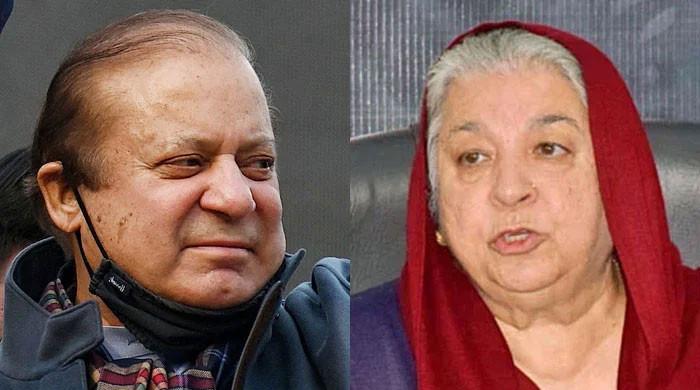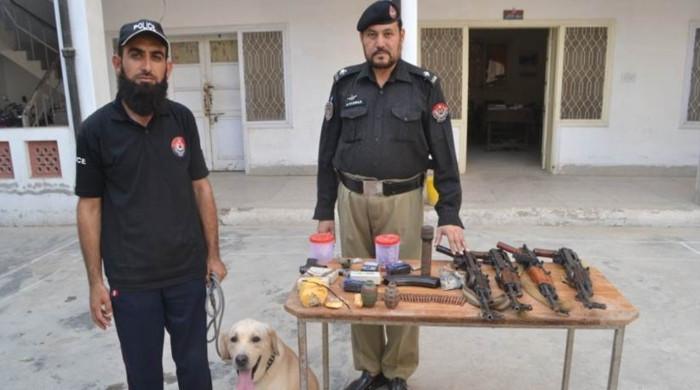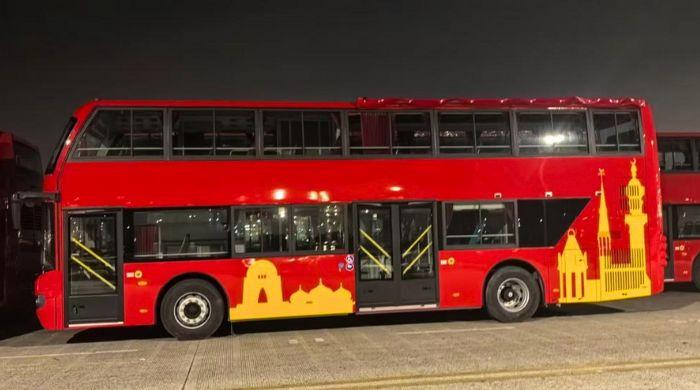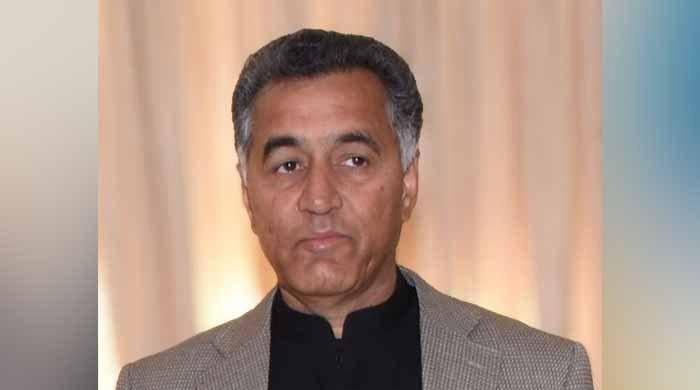LHC declares obtaining phone data without accused, magistrate's consent 'illegal'
"Our phones are no less than our house, every relationship kept within four walls has constitutional protection"
July 16, 2023
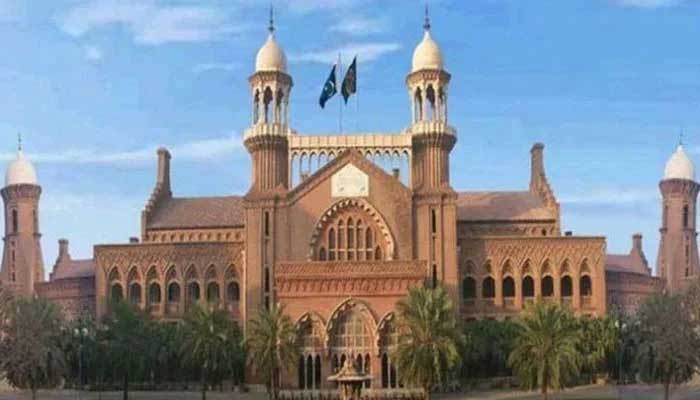
- LHC acquits convict associated with extremist organisation.
- Judge says phones are like our house, relationships are within its walls.
- He says allegation of distribution of material not proved.
LAHORE: The Lahore High Court (LHC) ruled that extracting mobile phone data without the consent of the accused or magistrate looking into the case is illegal as per Article 13 (protection against double punishment and self-incrimination) of the Constitution, The News reported.
The ruling came during the hearing of a case of Rehmatullah, who was sentenced to prison on the charge of being associated with an extremist organisation and spreading prohibited material by giving him the benefit of the doubt.
A two-member bench comprising Justice Ali Baqer Najafi and Justice Amjad Rafiq acquitted the convict. He was awarded a 10-year jail term by an anti-terrorism court.
The court said that extracting mobile data sans consent is against the right to privacy. If the accused is not willing, at least the permission of the magistrate should be sought to take the phone records, the court added.
“In this modern age, we communicate with our near and dear ones through audio and video. Our phones are no less than our house, every relationship kept within the four walls of our house has constitutional protection," the court observed.
It said that people read books, use Google, Facebook, YouTube, Twitter, which is not prohibited by law. As long as a person wants to keep his information confidential on the phone, that information cannot be extracted without his permission or legal instructions. If the required information is giving a link to a crime, it can be brought to the notice of the court within 24 hours, the court added.
The allegation of distribution of material by the prosecution is not proved by any evidence, the alleged material from the mobile was not placed before the accused during the statement of any witness, the court concluded while acquitting the accused.




